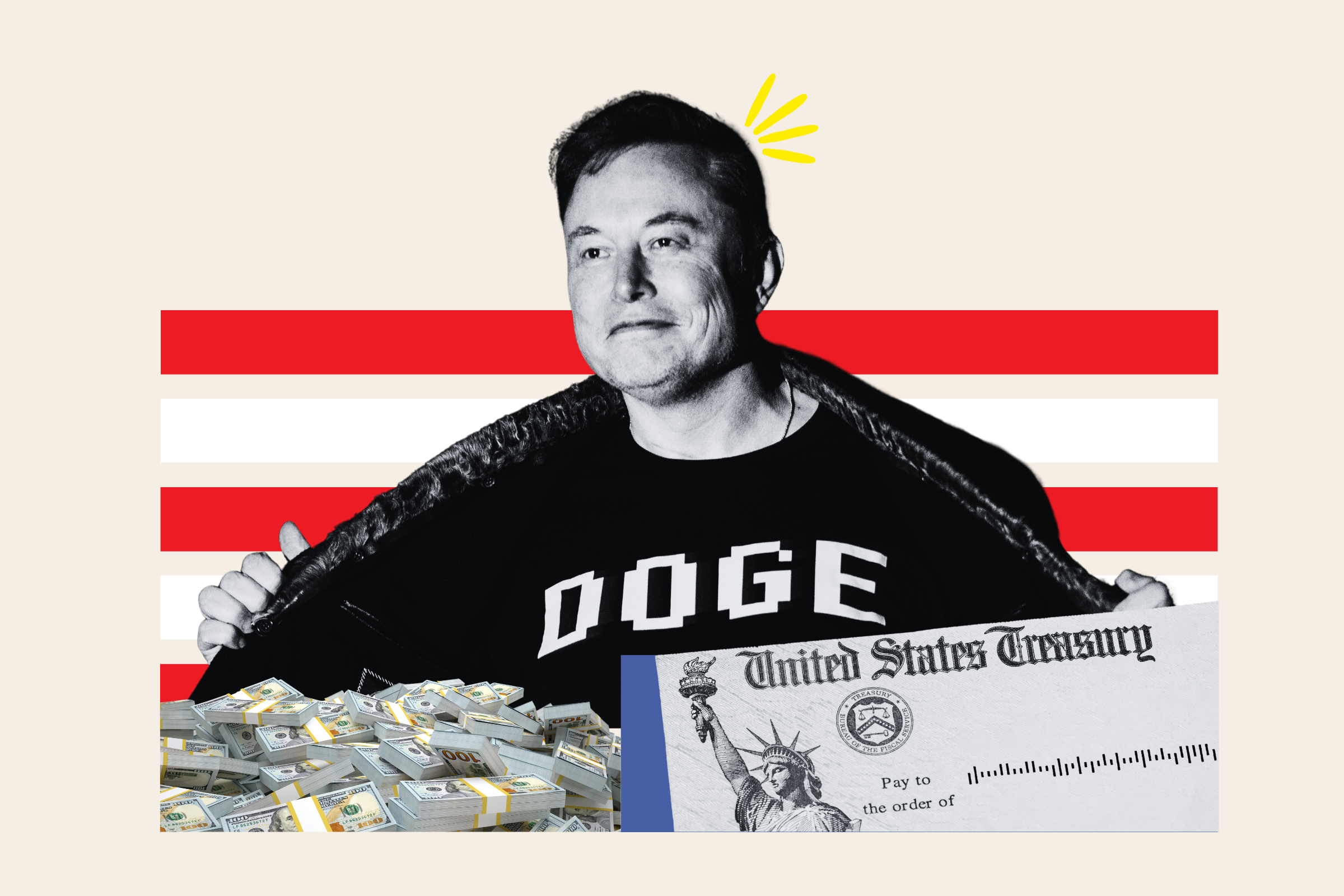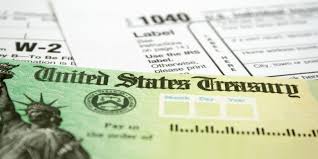The prospect of receiving a substantial $5,000 stimulus check from DOGE has generated significant buzz among American taxpayers. The idea of a 'DOGE dividend' was first suggested by James Fishback, the CEO of Azoria investment firm, on Elon Musk's social media platform, X. President Donald Trump expressed interest in the proposal during a speech, indicating that 20% of the savings identified by Musk's Department of Government Efficiency cDOGEc could be distributed back to American citizens.
Fishback's vision for the 'DOGE dividend' involves issuing refunds exclusively to tax-paying households. In contrast to previous stimulus checks, which were distributed broadly, these dividends would be funded solely by DOGE-driven savings, ensuring they are not inflationary. The proposal aims to target net-income taxpayers, households who pay more in taxes than they receive in benefits.
The Department of Government Efficiency, spearheaded by special government employee Musk, was established to streamline federal spending, reduce bureaucracy, and enhance governmental efficiency. DOGE had projected annual savings of up to $2 trillion, with reported savings of $115 billion already achieved.
While Fishback has been in talks with lawmakers to advance the proposal, the plan faces challenges from some GOP representatives who are cautious about the potential impact on the national debt. Despite resistance, Fishback emphasizes the importance of rebuilding public trust by returning a portion of the savings to taxpayers.
The proposed distribution of $5,000 checks would aim to stimulate the economy and engage the public in identifying inefficiencies to increase savings further. However, concerns have been raised about the effectiveness and legality of the DOGE stimulus plan. Experts suggest that significant savings required to fund the dividends may not be achievable without additional legislative measures.
Recent fiscal reports indicating a growing federal deficit have cast doubt on the feasibility of the proposed DOGE dividends. The plan's proponents argue that redirecting a portion of DOGE savings to taxpayers could promote fiscal responsibility and rebuild faith in government spending.
While the DOGE dividend concept has received support from prominent figures like Trump and Musk, its implementation hinges on legislative approval and overcoming financial hurdles. The plan underscores the complexity of balancing economic stimulus with fiscal responsibility, raising questions about the sustainability and practicality of such initiatives in the current economic climate.


